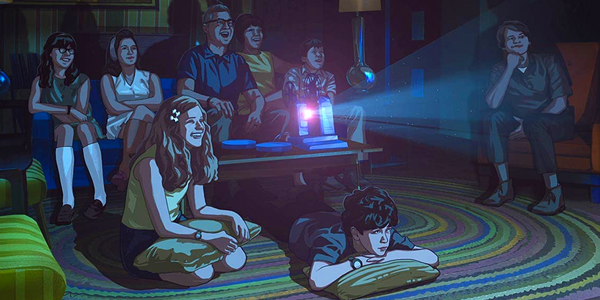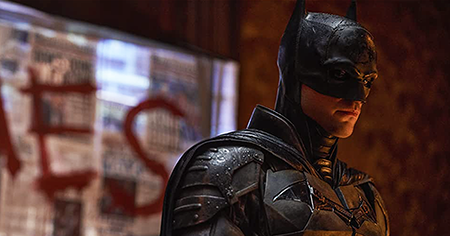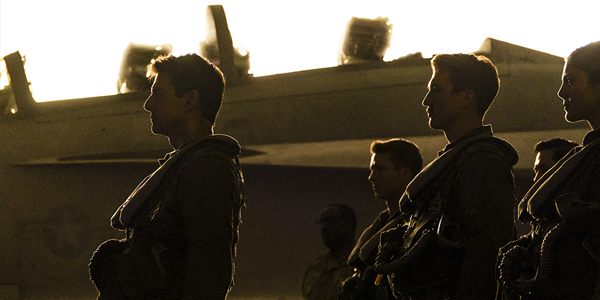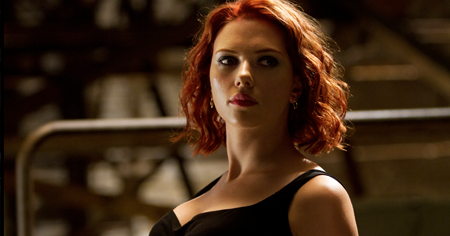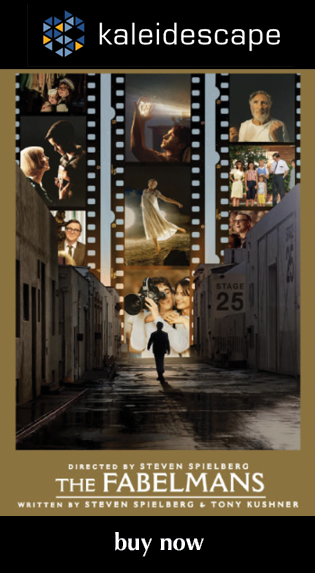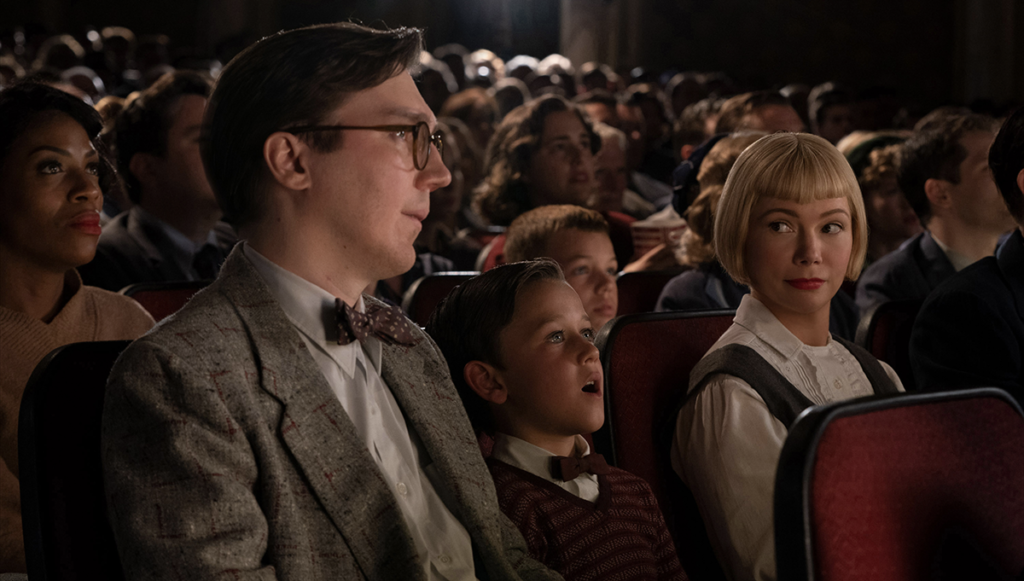
review | The Fabelmans
Steven Spielberg’s thinly disguised autobiography bombed at the box office but is worth a look in its home release
by John Sciacca
December 21, 2022
The body of films directed, produced, and/or written by Steven Spielberg includes some of the most well-known and beloved movies of our time, and any new Spielberg film typically garners loads of attention. Especially when that film is so well received by critics (91% Rotten Tomatoes) and audiences (82% audience score) alike and has received five Golden Globe nominations including Best Motion Picture—Drama and Best Director, along with 11 nominations at the 28th Critics’ Choice Awards, including Best Picture.
Which is what makes the disastrous box-office performance of The Fabelmans all the more surprising. With an estimated budget of $40 million, it barely made $160,000 in its opening weekend (to be fair, it opened in a very limited release, debuting on just four screens in New York and LA), going on to gross a measly $8 million worldwide. Which means you likely didn’t see The Fabelmans, and if you’re a Spielberg fan, you’re kinda missing out.
While the film’s synopsis says this is “loosely based on Spielberg’s childhood,” an opening “names have been changed to protect the innocent” title card would be all that separates this from a film that could have just as easily been titled The Spielbergs. And while this movie written, directed, and produced by Spielberg is not an autobiography per se, it is so heavily based on and recreates events from his youth it probably holds more factual content than most actual biopics. Perhaps, though, a straight-up autobiography would have been too personal—or vain—for Spielberg, and as a filmmaker, it is a bit easier to distance himself from the events and remain behind the camera lens.
The two-hour 31-minute run-time can be a bit plodding. Don’t expect a lot of—or really any—action other than of the emotional kind. While I found the film interesting, scenes can drag a bit.
Ultimately, this is a coming-of-age story, watching Sammy Fabelman (played by Mateo Zoryan as a youth and Gabriel LaBelle as a teenager) grow and be shaped by his family while discovering his passion for filmmaking and working on improving his craft. Sammy is raised in a supportive home by his mother, Mitzi (Michelle Williams), who was a concert pianist. She is artistic and ethereal and encourages Sammy’s filmmaking. Spielberg described his actual mother as being more of a big sister than a mother and a Peter Pan-type that never wanted to grow up, and Williams definitely captures that spirit. Sammy’s father, Burt (Paul Dano, miles away from his role as Riddler in The Batman), is an engineer whose successes at work result in career advancements that mean moves for the family. Equally important to the family dynamic is “best friend” Bennie played by Seth Rogan, who delivers a dramatic performance that reminded me a bit of his turn as Steve Wozniak in Steve Jobs.
If the goal of this not-autobiography autobiography is to show us how Spielberg developed his love for movies and filmmaking, then mission accomplished. It opens with the family going to the cinema to see Sammy’s first movie, The Greatest Show on Earth. In it, a dramatic train wreck has such an impact on Sammy that he can only come to terms with it by filming and crashing a Lionel train set he received for Chanukah so he can watch it over and over. His staging and filming of the wreck (at least how it’s presented here) is reminiscent of the scene from Super 8, a film Spielberg executive produced. In fact, much of the way Spielberg works with friends and family to get his movies made has the same feel as Charles (Riley Griffiths) in Super 8.
The film’s length and pace give plenty of time to appreciate Sammy’s growing skills as a director, whether setting up shots, his eye for framing, or how he interacts and gives direction to actors. From his earliest home movies, Sammy starts making longer and more elaborate films from The Last Gunfight (the film Spielberg actually made to get his Boy Scout photography merit badge) to Escape to Nowhere, a 40-minute war movie that won First Prize in a statewide competition (you can view a couple minutes of the original Spielberg film here), to Firelight, a precursor to Close Encounters of the Third Kind.
As is Spielberg’s preference, The Fabelmans is shot on actual 35mm film (16mm for some of the home movies) in a 1.85 aspect ratio, and the home transfer is taken from a 4K digital intermediate. Don’t expect this to be a go-to movie to show off your theater. While there are certainly some closeups that reveal loads of detail, like the fine texture and pebbling on a leather varsity jacket, overall this has a softer film look, not the razor sharpness of modern digital films. Also, much of the color palette is full of muted earth tones, with lots of browns, beiges, and tans. We do get some nice highlights from the HDR grading, such as bright lights from film projectors, a car headlight dance, or worklights in garages, but overall the goal is to have a natural, lifelike presentation.
The Kaleidescape release features a DTS-HD Master 5.1-channel audio mix, which is fine for presenting the mostly dialogue-driven film. We do get a bit of scene-appropriate ambience, like the low buzz of fluorescent lights in a school hallway, rustling winds from a swirling tornado, outdoor sounds like wind and insects, passing of traffic, or the whirring click of a film projector spinning. The soundtrack, which often includes piano music in deference to Spielberg’s mother, Leah, is given some width across the front as well as mixed up to the ceiling to expand the soundstage. Your subs will be taking the night off for the most part, though they do come into play during the big train collision, which produces some nice, deep rumble.
If you’re a Spielberg fan, this is definitely a movie you’ll want to see, as it accurately depicts his early life and influences. One benefit of the film’s poor box-office performance is that it received a fast-track release to the home market. After getting a wide cinematic release on November 23, it was released to digital retailers like Kaleidescape on December 13, so you can appreciate it in the comfort of your own theater now.
Probably the most experienced writer on custom installation in the industry, John Sciacca is co-owner of Custom Theater & Audio in Murrells Inlet, South Carolina, & is known for his writing for such publications as Residential Systems and Sound & Vision. Follow him on Twitter at @SciaccaTweets and at johnsciacca.com.
© 2025 Cineluxe LLC


